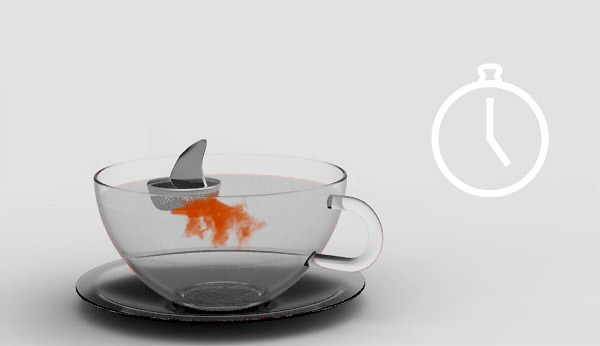Kadah v. Canada (MCI), 2010 FC 1223
Issued: December 3, 2010
Presiding: Justice O’Keefe
For the Applicant: Michael F. Battista
For the Minister: Amy King
This case was a judicial review of a finding that the Applicant, a homosexual Arab Israeli, was not a refugee on the basis that there was sufficient state protection in Israel.
There was no question of the Applicant’s credibility, or that he had faced violent persecution. However, the Board found that Israeli law enforcement would have been willing and able to protect him, and the fact that he was rebuffed the only time he sought help was not a good enough reason for him to have not continued to seek help.
Justice O’Keefe recognized the presumption of state protection, particularly in democratic countries, but also notes that “…democracy alone does not ensure adequate state protection and the Board must consider the quality of the institutions providing that protection (see Katwaru v. Canada (Minister of Citizenship and Immigration) 2007 FC 612 at paragraph 21)” (para. 39).
While the Applicant’s single negative experience with he police was not sufficient to rebut the presumption of state protection, the Board had before it documentary evidence of similarly situated individuals who also were unable to access state protection. While the Board is presumed to have considered all evidence put before it, “where there is important material evidence that contradicts a factual finding of the Board, it must provide reasons why the contradictory evidence was not considered relevant or trustworthy” (para. 43). The Board stated that “‘there is no evidence to suggest that police are not responsive to or fail to investigate complaints by members of the Arab community’” (para. 45), when in fact there was “extensive documentary evidence before the Board regarding Israeli police violence and intolerance towards Arab Israelis and Palestinians” (para. 46). The Board also found that “‘there is no evidence of persecution in Israel based on sexual orientation and, in fact, there are specific laws prohibiting discrimination on such a basis’” (para. 47), which contradicted with the Board;s finding that the Applicant’s testimony of his experiences was credible, as well as documentary evidence of persecution (paras. 48-49).
JUDICIAL REVIEW GRANTED










